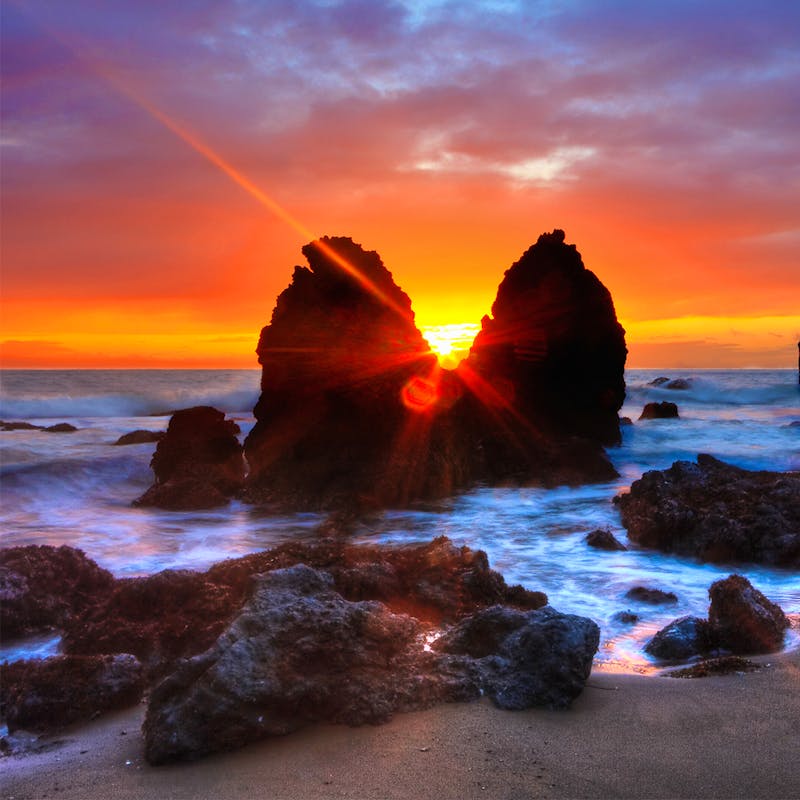Today, Defenders of Wildlife sent a letter notifying the U.S. Fish and Wildlife Service (FWS) that FWS is violating several foundational environmental laws by authorizing the ongoing harvest of thousands of horseshoe crabs in Cape Romain National Wildlife Refuge. The allegations in this notice letter include the agency’s failures to comply with four federal laws, including the Endangered Species Act, the Migratory Bird Treaty Act, the National Wildlife Refuge System Improvement Act, and the National Environmental Policy Act. The FWS now has 60 days to remedy the alleged violations in order to avoid litigation.
Established in 1932, Cape Romain serves as an inviolate sanctuary to migratory birds and species listed as endangered and threatened under the Endangered Species Act. At least 277 species of migratory and resident birds have been documented in the refuge, which is broadly recognized as providing irreplaceable nesting, foraging, and sheltering habitat. One species that relies on Cape Romain is the threatened red knot—a migratory shorebird found along the Atlantic Coast.
The horseshoe crab is vital to the survival of the red knot as the crab’s eggs are one of its primary food sources. Sadly, the red knot is struggling to survive in the face of climate change, habitat loss and low numbers of horseshoe crab eggs resulting from overharvesting on behalf of the bait and biomedical industries.
Lindsay Dubin, former staff attorney at Defenders of Wildlife, issued the following statement:
“The U.S. Fish and Wildlife Service undermines its mission by allowing the shameless poaching of horseshoe crabs in Cape Romain. These actions disturb and kill birds, destroy bird eggs, and diminish horseshoe crab eggs, a primary food source for threatened red knots. By putting the Fish and Wildlife Service on notice, we hope they’ll be reminded of their legal obligation to ensure that Cape Romain is managed appropriately to conserve and restore wildlife and their habitat.”
Background
In addition to the red knot, several other endangered and threatened species depend on Cape Romain as well, including the threatened piping plover, the threatened loggerhead sea turtle, and the endangered Atlantic sturgeon.
While the purpose of the refuge is to protect the species that call it home, FWS has spent years subverting this legally-binding mission. FWS’s sanctioning of horseshoe crab harvesting in Cape Romain disturbs countless birds, destroys migratory bird eggs, and significantly diminishes the number of available horseshoe crab eggs in the refuge, which are a crucial source of food for myriad birds, including the threatened red knot.
Not only do the FWS’s authorizations harm species, they violate refuge laws that Congress entrusted the agency to uphold. The agency’s authorizations grant harvesters illegal, special access to engage in unpermitted commercial activity without any attempt to first determine the extent to which harvesting may be compatible with the refuge’s purposes and what environmental impact it may have. Moreover, FWS’s actions have also caused the yearly trespass of harvesters onto two islands—Marsh Island and White Banks—that are so critical to the fate of imperiled birds that the agency designed a special regulation for these islands that prohibit public access.
For over 75 years, Defenders of Wildlife has remained dedicated to protecting all native animals and plants in their natural communities. With a nationwide network of nearly 2.1 million members and supporters, Defenders of Wildlife is a leading advocate for innovative solutions to safeguard our wildlife for generations to come. To learn more, please visit https://defenders.org/newsroom or follow us on X @Defenders.
News

Trump Administration Announces First Step in Rolling Back Rule Protecting Whales




